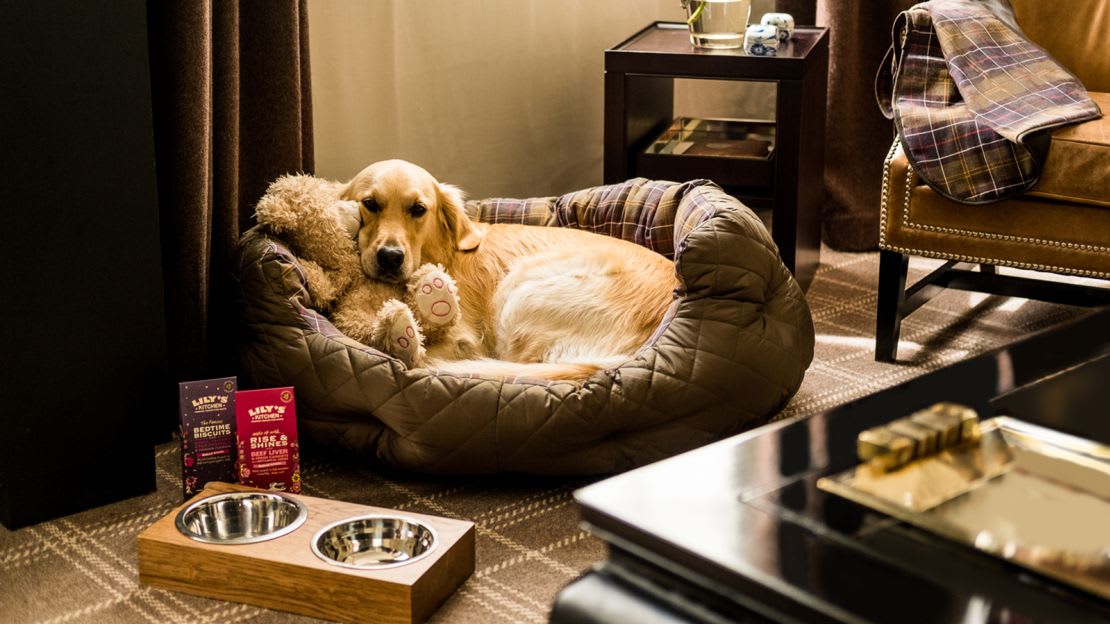Pets
Halitosis In Pets: Effective Solutions For Bad Breath In Dogs And Cats
While bathing/grooming pets is now a common practice among pet parents, brushing their teeth still seems odd to some people as several myths suggest that animal saliva acts as a natural antiseptic. This is why you might fall in love with a dog’s shiny coat and adorable fur, but once you get close to their mouth, the odour can make you second-guess their hygiene. Bad breath in dogs, medically known as halitosis, can be a signal that your furry pal needs a little extra care in the teeth department.
As a veterinarian dental extractions in pets have become increasingly common due to various sometimes avoidable factors that we will be discussing today.
READ 7 Vital Pet Care Secrets Your Vet Wishes You Knew
Causes of Halitosis
Breed
A lot of factors can cause a dog's mouth to smell, with the breed being a significant one. Many small breeds such as pugs, Lhasa apso, Yorkshire terriers and French bulldogs amongst others are prone to halitosis. This bad breath might not be due to poor hygiene but their small head size predisposes them to dental disorders. Because their teeth are placed very close together, it is easy for plaque to accumulate on/between teeth. If not brushed off these plaques harden and become tartar which can only be removed using medical tools by a professional. the accumulation of plaque and tartar can result in halitosis, cavities, gingivitis and other dental issues.
Diet
Most pet owners notice their dog's mouths begin to smell after they change the brand of their food. While improper diet can damage a dog's teeth, leading to decay. Strong-smelling foods can also cause bad breath. Likewise, some canned wet or dry food might be the reason for a pet’s bad breath as most of these commercial foods are either over/under processed resulting in bacterial imbalances that upsets the natural bacterial content of your dog’s gut.
Diseases
Conditions involving vital organs such as acute and chronic liver and kidney failure and metabolic diseases such as diabetes mellitus can lead to halitosis. Resulting in bad breath that has urine/acidic smells. In cases like these, a change in diet in accordance with managing the underlying condition is indicated in managing the bad breath.
Infections
Sometimes pets get injuries in their mouth from accidents, eating bones, chewing on sticks or wires, or fighting. These injuries are then infected by microorganisms like fungi, viruses or bacteria which cause a pet's mouth to smell bad. These microorganisms can cause the gums of pets to swell, in severe cases the mouth of the pet is so inflamed that they will be unable to open their mouth, this will make them avoid eating and even though they want to eat. Such cases are usually referred to as stomatitis and it is a common oral disorder in dogs and cats.
Anatomical Defects and Others
Issues like an enlarged oesophagal tube, cancer, oral warts, trauma or obstructions can result in halitosis in pets. For some pets when they are getting rid of their milk teeth, they bleed or their teeth turn black and their mouth smells. This is normal as once the permanent teeth are set, the halitosis goes away with proper hygiene.
Management and Treatment
Regardless of the cause, bad breath is a serious problem for both the animal and its owner. Here are some ways to manage and treat halitosis in dogs:
Regular Brushing
Brush your dog's teeth daily to remove plaque. Afterwards, you can brush once a week, ideally while bathing your dog. Always use pet-friendly toothpaste.
Professional Cleaning
Take your pet to a veterinary clinic once or twice a year for professional cleaning and polishing.
Proper Hydration, Nutrition and Hygiene
Ensure your pet always has access to fresh, clean water, a balanced diet and a hygienic environment. Keep them from consuming anything harmful, like rubbish. For dogs, consider incorporating raw meaty bones as they not only help clean teeth naturally but also provide essential nutrients.
Alternative Solutions
While I have been told that NCP and hydrogen peroxide solutions work for halitosis, I prefer the tried-and-true methods of brushing and professional cleaning to avoid any unexpected issues.
Conclusion
Bad breath in dogs and cats is a common but treatable condition. By understanding the causes and implementing proper dental care, you can ensure your dog stays healthy and pleasant to be around.
NEED SOME HELP?
Verified animal experts and veterinarians are available for personalized consultations to answer all your questions about your pet’s behaviour, health, nutrition, and even coping with loss.
Animal Health & Blogs

11 December 2024
0 likes
11 December 2024
0 likes